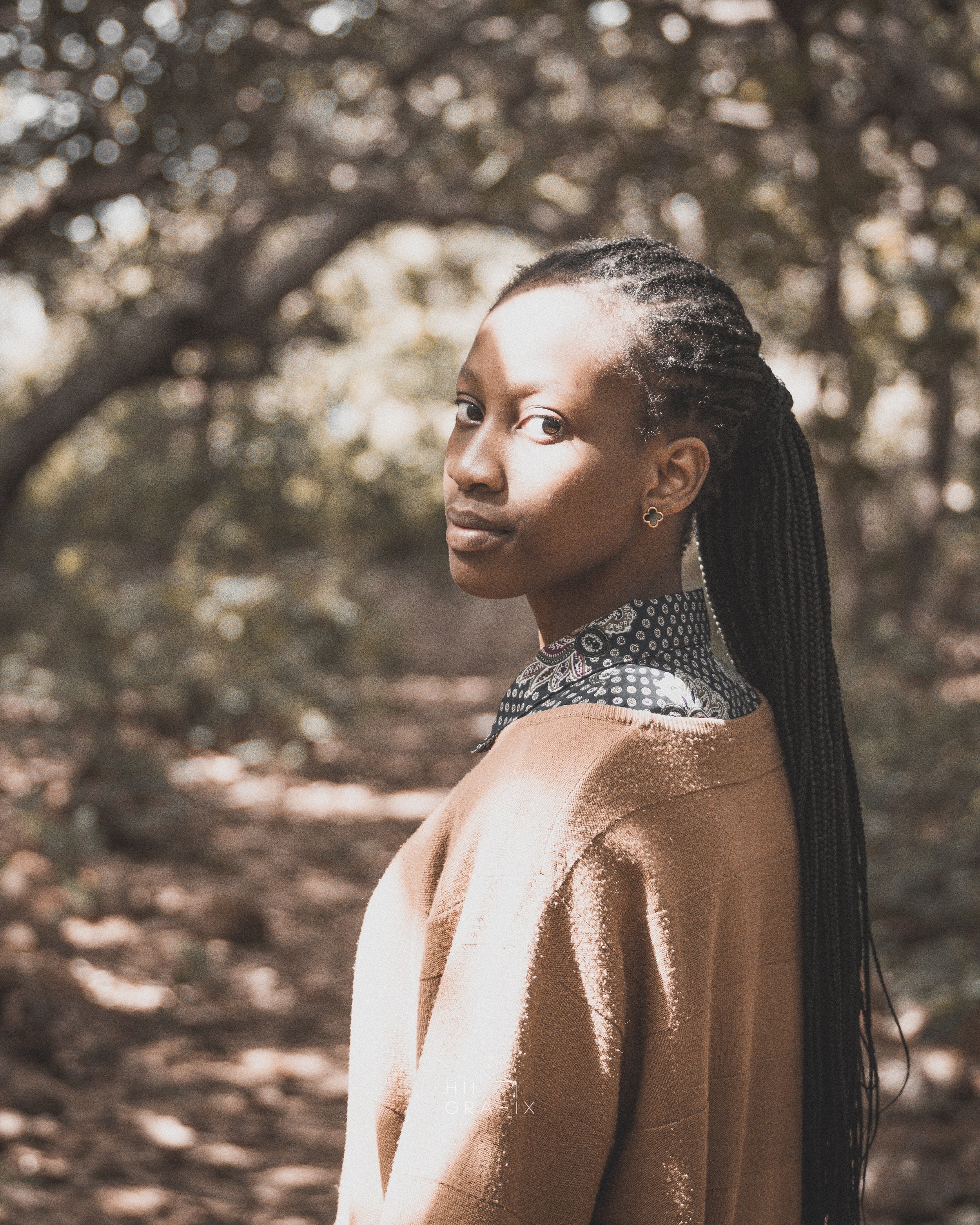
Deeply personal stories of Nigerian women written in the first person.
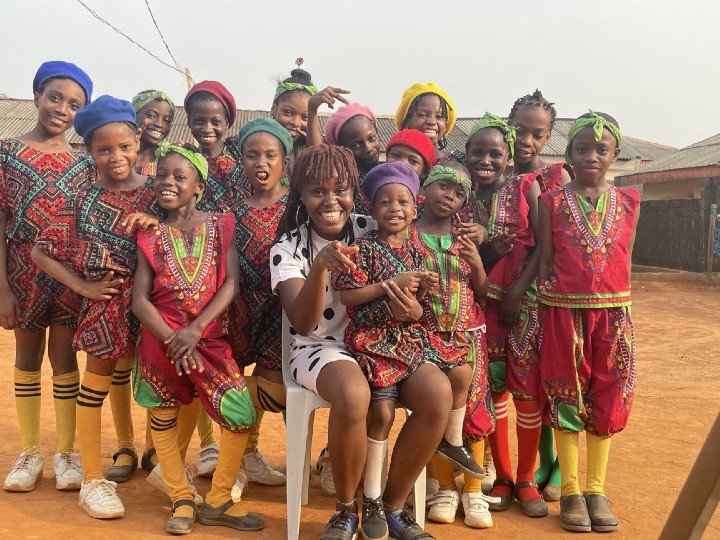
Seyi Oluyole - On Nurturing Young Dreams
I have always loved the arts, and by the time I was 12, I knew I wanted to be an artist. I was passionate about dancing and very interested in film production. I also tried to write my music. Like many of the girls we have at the academy now, I lived in extreme poverty. My parents worked tirelessly to support my academic and artistic dreams, but their efforts often fell short. There seemed to be an endless cycle of more pressing needs, and that somewhat affected my dreams. I gradually gave up mainly because when you’re working towards something, and it’s not happening, you slowly find other things to do.
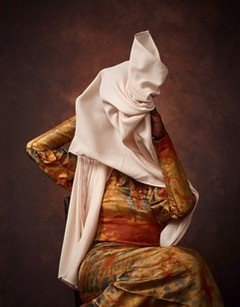
Aisha Ife - On The Creative Side Of Life
With the way the country is right now and the ever-increasing prices of materials since they are all imported, inflation has done a number on the business; even the artisans charge more from time to time. Factoring in all this makes it somewhat tough to structure the prices. It can be such a mess at times because it’s difficult to explain to customers, and restocking is quite a hassle. The line between breaking even and making a loss is now thin.

Rhoda - Her Finance
It took me years. I didn’t make money from being a poet for years. The only significant money I made was from ghostwriting a poetry anthology. That felt good because I had never been paid for writing poetry before that time. Also, I made money by writing articles for people. This came easy because I own a literary blog so I was familiar with writing articles.
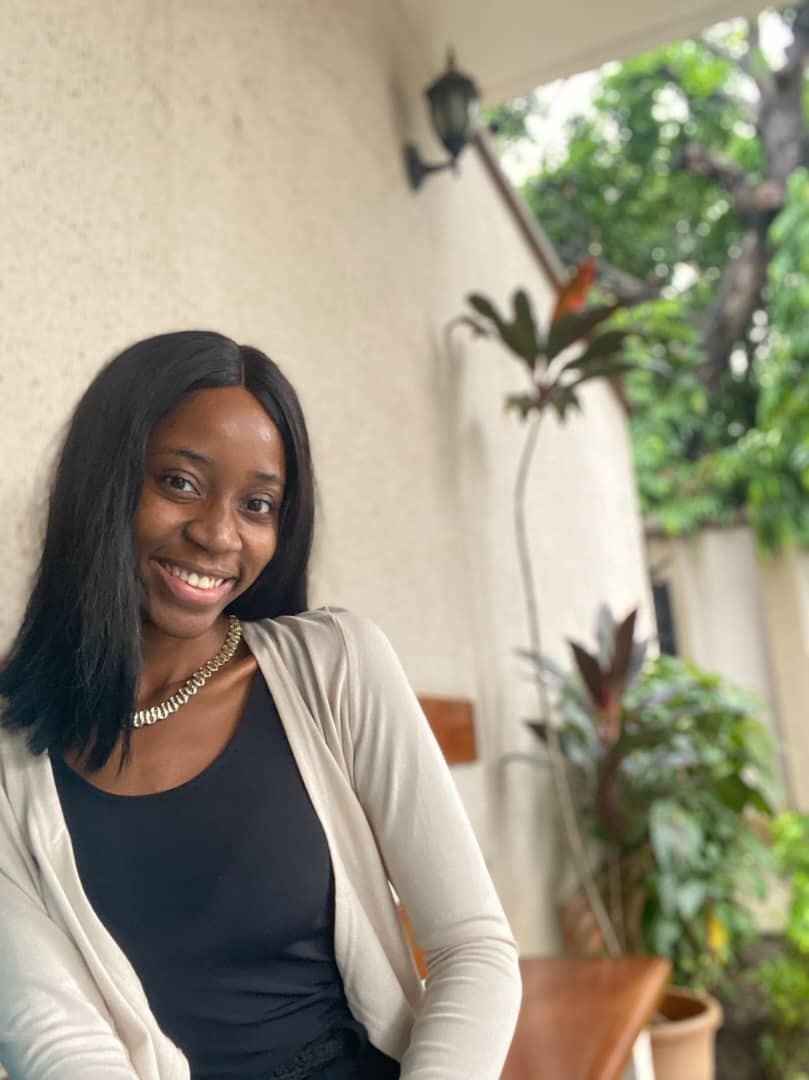
Ekene Okafor - On Being Misdiagnosed
When I got there, maybe because I looked young or I am young, he was already chatty with me. He said things such as “do you want me to tell your mum that you have a boyfriend?”, “oh, you don’t want her to know you’ve been doing “things” abi?” or hinting that I was pregnant and it wasn’t appendicitis, all while doing the scan.
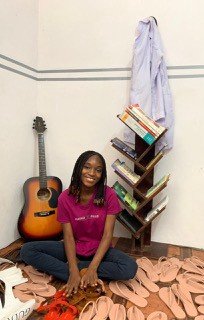
Goodness Adeosun - Student By Day, Shoemaker by Night
Entrepreneurship in Nigeria is not for the weak, with uncertainty and turbulence from time to time. I don’t think business owners have smooth sailing anywhere in the world, but it seems to be so much tasking here. If you’re not careful, the economic situation can push you over the edge, and you’ll just give it all up. At some point, I contemplated closing the business at least once a week. Those were dark times indeed, but we move.
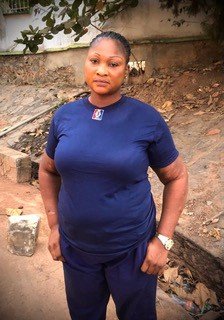
Shakirat Awoleke - On Risking and Saving Lives
What job isn’t? Some are just more dangerous than others. I was drawn to it mainly because it involves preserving life and property, rescuing people and teaching them how to prevent fires at home, in schools, factories, places of worship and most especially, markets.
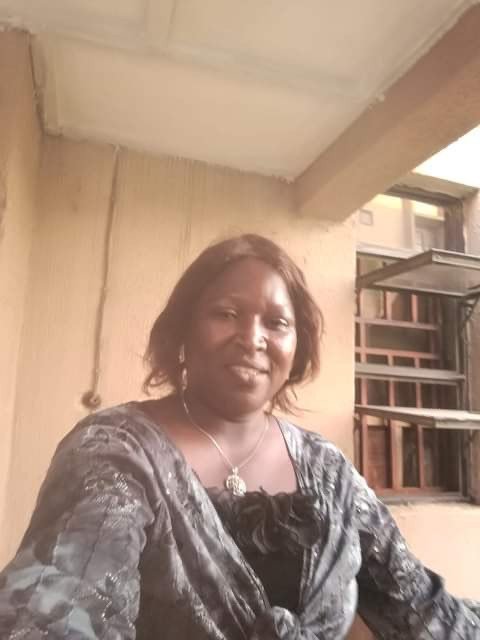
Mrs. Eunice Oladoye — Of Strength and Nurturing in a Boulevard of Hope
Nigerian women don’t have many rights. There are also issues of paternity and child care. From my experience and of people close to me, I’ve found that most Nigerian women are the providers. In my case, my husband is a university graduate of Economics from Lagos State University, but he has been unable to get a job for the past ten years. If I stayed at home thinking it is a man that’s supposed to provide, my life would be much harder than it is.
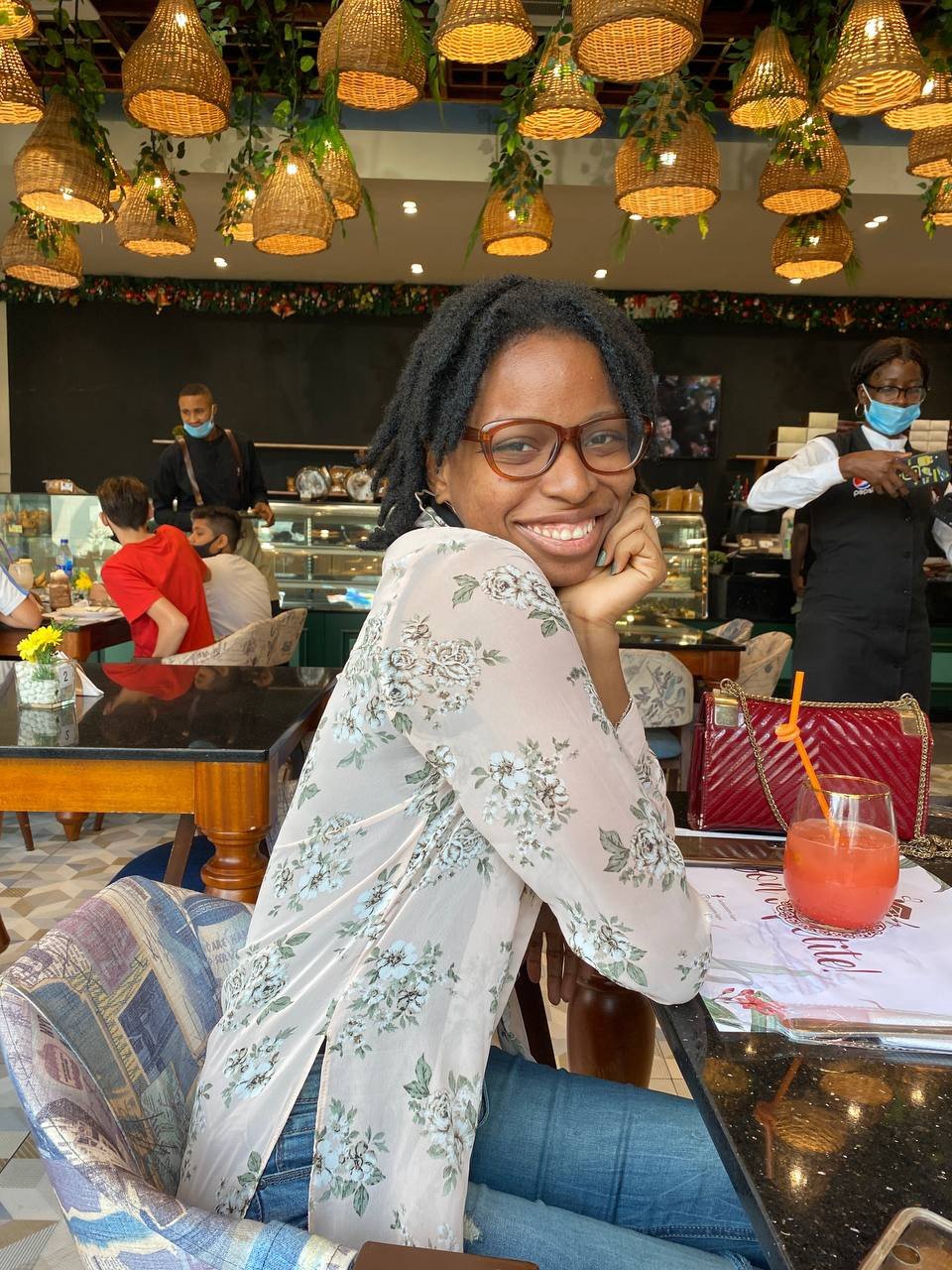
Onyinyechi Chima — On Being Missed Diagnosed
Yeah, he honestly sounded so uninterested. He said it wasn’t a problem. I brought the referral letter for him to approve to allow me to meet the general cardiologist for the tests. However, he said there was no problem, and I was alright and should only come back only if the pains returned. The way he even said it was very “you no get the problem”, so I left.
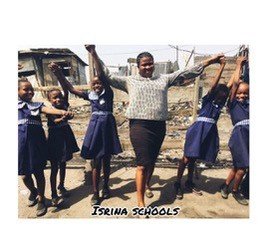
Grace Amuzie — On Every Child Deserves a Chance
Weekly, parents bring plastics to the school in exchange for their children’s fees and educational materials. We have a way of estimating the value of whatever they bring each time, so they know how much they have paid so far and what is left. We then send the plastics to ACI, and they pay us the naira equivalent at the end of each term, which we allocate to the students, based on their parents’ plastic contribution and communicate the same to the parents.
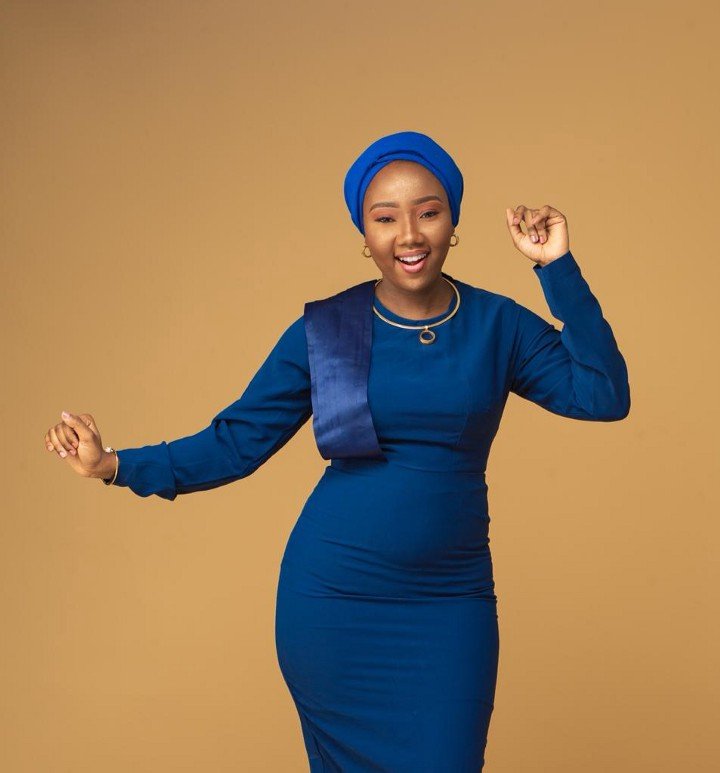
Looking Out For Me - Hikmat Abiodun Quadri
I have struggled with thinking about the way people see me. Questions like “Do they like me?” and “Are they quietly judging me?” repeat in my mind whenever I meet someone new or find myself in a crowd somewhere.
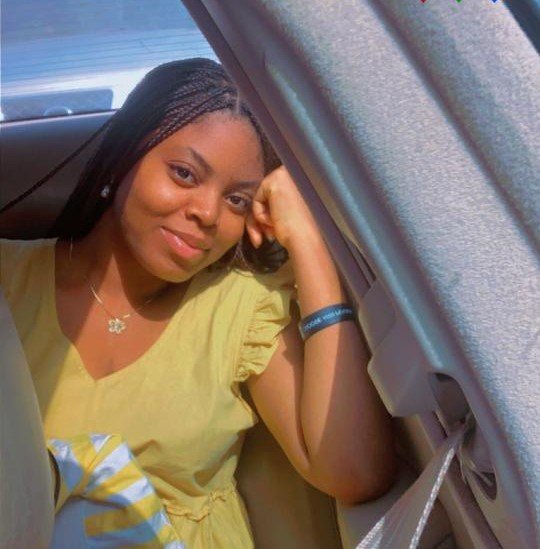
My Story: On Turning 20 - Shalom Obianuju Chidueme
But on the other hand, I couldn’t shake off the existential crisis and fear raging in my head. Yes, I was 20, but what have I achieved? What did I have to show for all the years I’d spent alive and afraid and struggling to live. I was grateful for the new beginning but was I truly prepared for it?
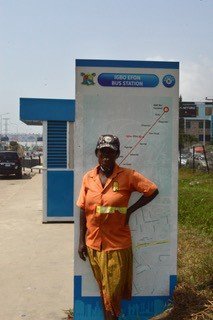
Mrs Patricia - On Keeping The Streets of Lagos Clean
It is not a bad job, but it is demanding. Only strong people can do the work. We also have to do it well, to the best of our abilities else we do not get paid. They are 35 of us in my group, and each person has their portion of the road that they clean every day, except Sundays. We start between 7:00 am, and 7:30 am and work until about 4 pm, with an hour break at midday. Our madam pays us in cash at the end of every month. Some of the workers like me are not literate. So, we can not go to the bank.
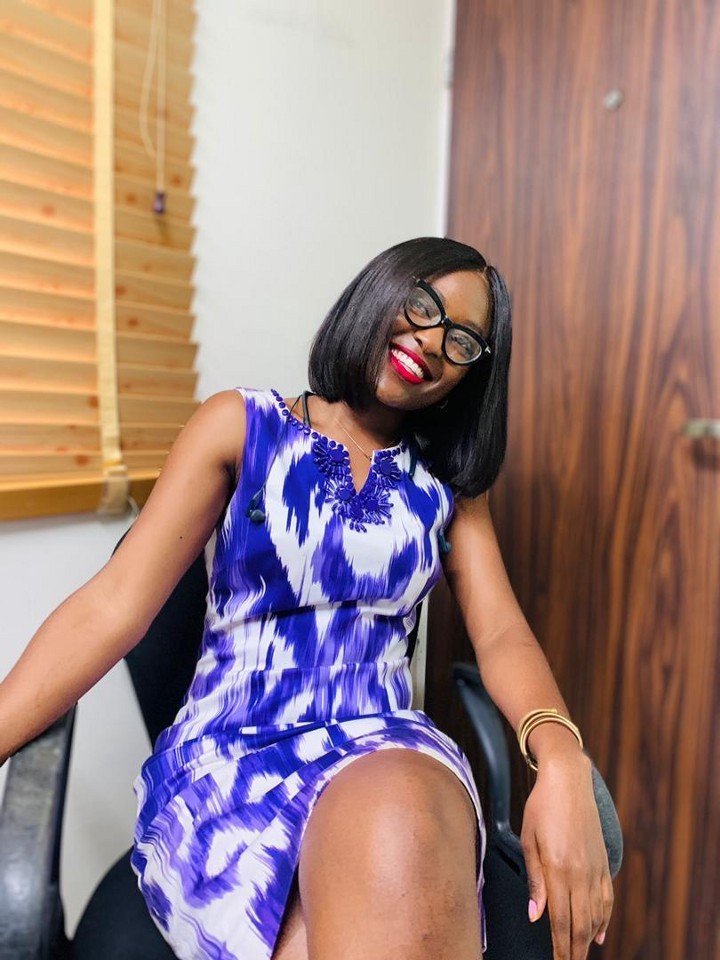
Kiite Koiki - On Changing The World One Step At A Time
Going to different secondary schools and seeing people from various backgrounds has made me realize how different our realities are. I knew that if I grew up believing that I had the power to do whatever I wanted regardless of my gender, then a lot of other people could as well, which is what drew me to feminism, which brings us to the Hands-Off Initiative. I don’t like adults (haha) because they are already formed, and it is difficult to change their already-established perspectives. However, children in their formative years are purer and are always looking for someone who understands and can relate to them.
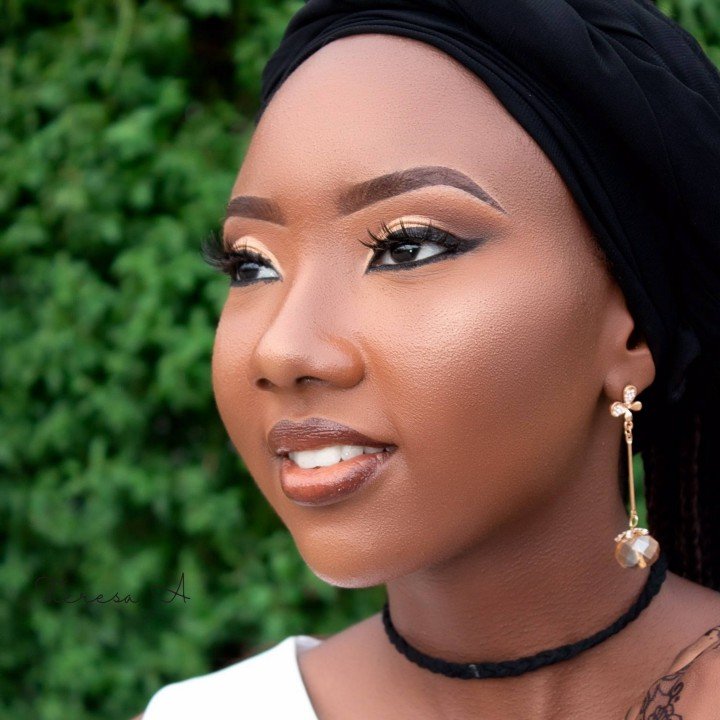
To My 21-Year-Old Self - Hikmat Abiodun Quadri
Dear 21-year-old me,
Let’s address the elephant in the room. Yes, the COVID-19 pandemic is still ongoing. I’m sure that’s not what you want to hear but it’s the truth.

Balpolam Idi - On Wearing Many Hats
I am a culture enthusiast because I am a village girl. Growing up, I spent a lot of time with my grandmother. I learnt many things from her. Her words of wisdom colour some of my views on the things and workings of the world. I am deeply rooted in culture, and I am passionate about all its parts and the many ways it manifests, especially in Nigeria. Primarily, it is because people have come to underestimate the power of culture.
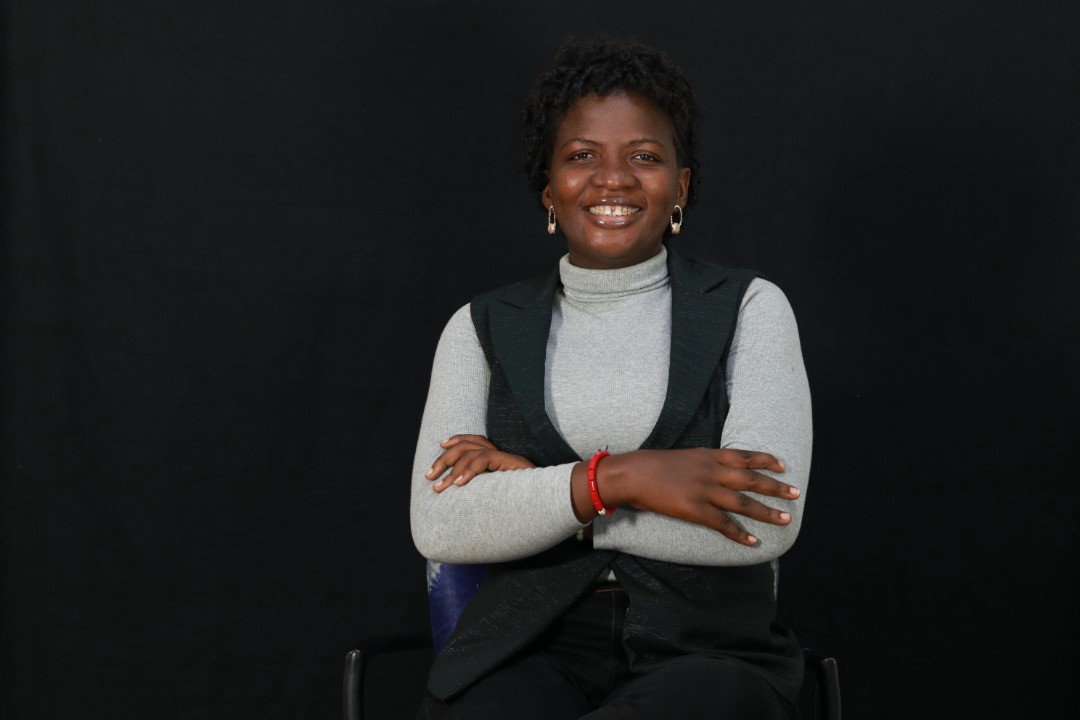
Deformed, and Fulfilled - Christiana Olawumi
I would attend spiritual meetings, retreats, revivals with the expectation of a miracle that would transform my arms so I could fit into society and live like a regular person, but it never happened.

Living with Vaginismus: My Story - Ifeoluwa*
I read two accounts of women living with vaginismus, and none of them said they had been able to overcome it. I told myself that vaginismus was not my portion and that God did not

Grace Ogedengbe - On Being Always On The Move, Being A Mom, Working With Women, And Dealing With Stereotypes
When I started, people were always cancelling my rides when they found out it was a female driver. It was strange to me because all my passengers rate me highly. I probably have like 4.95 stars so I knew it wasn’t the skill or the customer experience. People responded that they weren’t comfortable riding with a woman. I was like please let me drive so I can get this money.
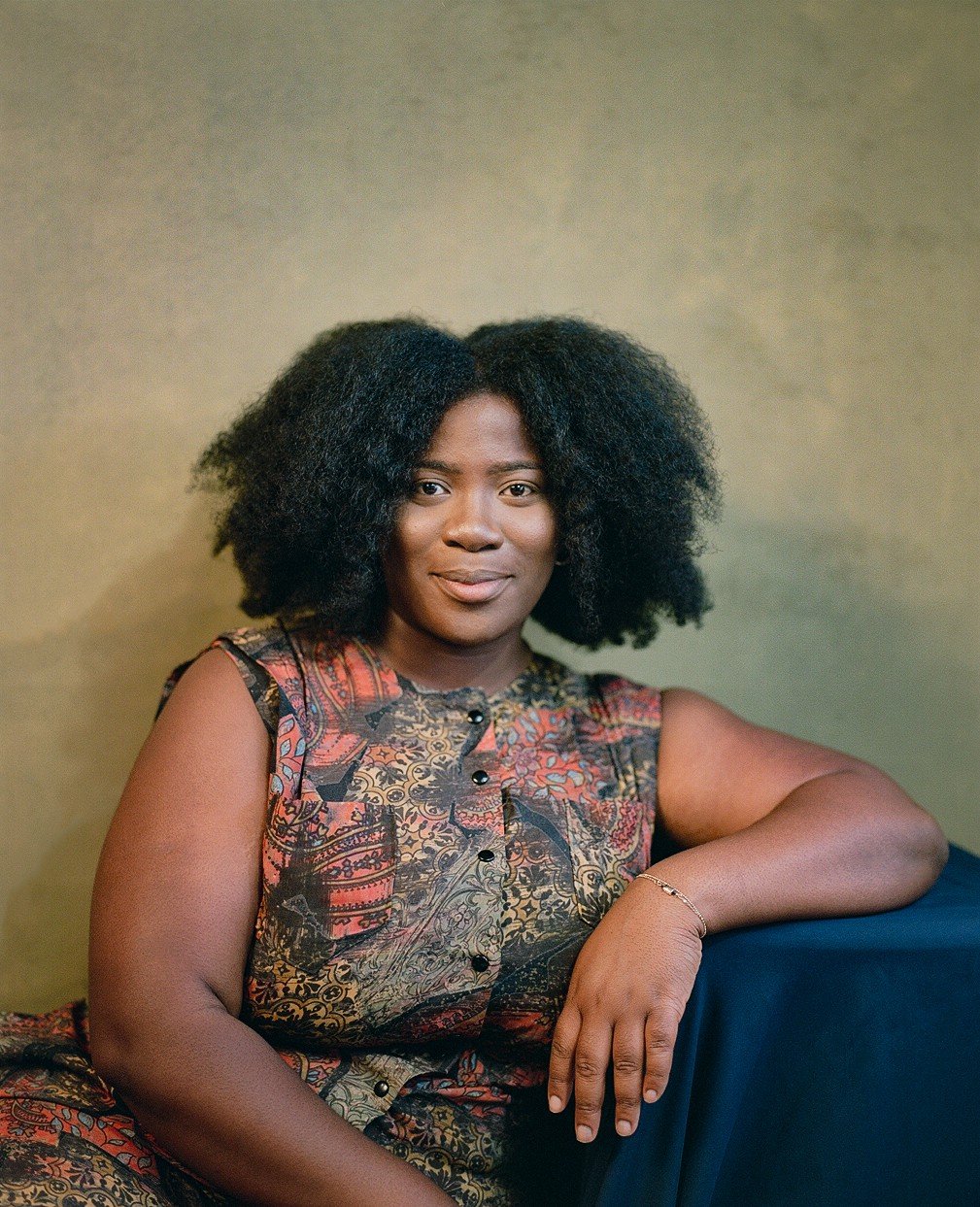
Karo Omu - On Tackling Period Poverty in Nigeria, Female Friendships and Making A Difference
A lot of non-profits around me are founded by women, so I work more with women. You look at society and gender inequality which makes you think about girls and you want to help and support them. I feel it’s important to let people know that life can be in another way so they can be inspired. You’re not going to dream about something you don’t know about; so, a lot of my work is showing people that there is something else out there.
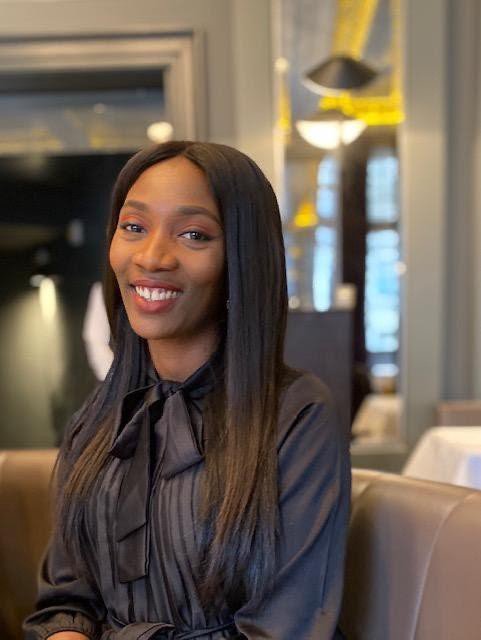
Adedamola Ososanya - On Building An NGO To Protect Nigeria’s Domestic Workers & Thriving in Life and Career
My NGO is called Here to Help Nigeria. I knew I was going to create Here to Help really early on, I think as early as 11. Here to Help focuses on raising awareness about issues that domestic workers face in Nigeria. We are also focused on legitimizing the domestic worker industry in Nigeria. This means creating employment standards that protect domestic workers and employers, as well as creating accountability for agencies on recruitment and employment practices.